
An update from Ivan Olbrechts, Family and Friends Rep Body member

The Nursing and Midwifery Council (NMC) recently asked Learning Disability England members to give feedback through their ‘perception audit’.

The purpose of the audit is to find out what people think of how they do their work as the NMC.
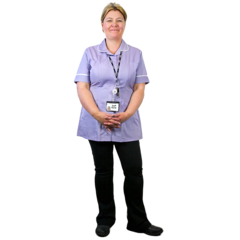
The NMC is the regulator of nurses, midwives and nursing associates.
Their role is to check that nurses, midwives and nursing associates are well trained and fit to practice safe nursing throughout their careers.

The NMC do this by maintaining a register of qualified nurses.

I collected feedback from members.
I then gave this to the NMC.

Our key messages to the NMC were:
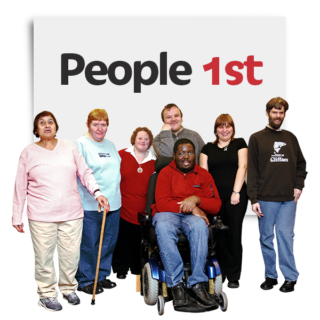
Learning Disability England members want the NMC to engage directly and meaningfully with people with learning disabilities themselves.
Not just with families and paid support staff.
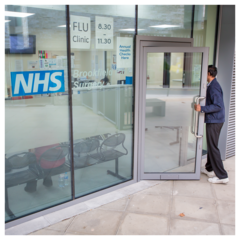
Learning Disability England members want the NMC to help address the health inequalities that people with learning disabilities experience.

Learning Disability England members want the NMC to do more to respond to public concerns about hospital scandals affecting people with learning disabilities.
Members are asking the NMC to do more as they are the regulator of nurses.

Other things members said:
There were examples of great nurses.
And also examples about what happened if concerns had to be raised about nurses.
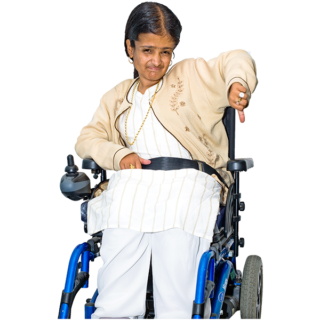
People said that there was a shortage of nurses generally.
And especially learning disability ‘liaison nurses’ in hospitals.
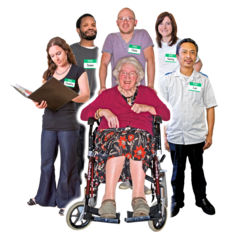
Some people felt that nurses ‘delegated’ some nursing tasks to support workers who aren’t nurses because of nurse shortages.
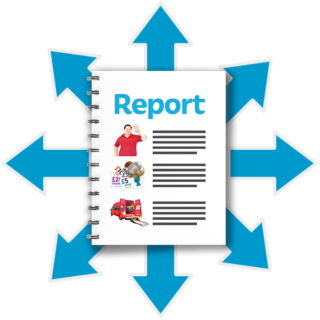
I shared the Health Education England (HEE) report that Learning Disability England contributed to.
The report was about learning disability liaison nursing.

The HEE report recommended improvements in the training and professional development of liaison nurses.

Some people said that accessible formats (such as Easy Read) for raising concerns about nurses should be readily available.
Not just available ‘on request’.

People felt that the NMC could do more to make sure nurses were fully trained to support people with learning disabilities who face challenges and inequalities.
People thought this was particularly important for nurses who had qualified a long time ago.
This is because laws and rules have changed over the last 10 years.
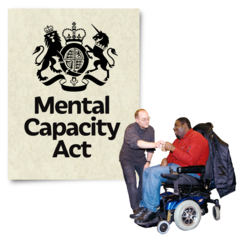
People thought things like the Mental Capacity Act, DNACPR and reasonable adjustments (under the Disability Discrimination Act) were very important.
People thought the NMC could check nurses knew about these things through both education and regulation.

What happens next?

The NMC is collecting feedback from around 50 other ‘stakeholder’ organisations.
They include members of the public, professionals (nurses and midwifes) and students.
They will publish a summary report of what people tell them.

We think this report will be released in February 2022.
We will share the report with members when it is published.
